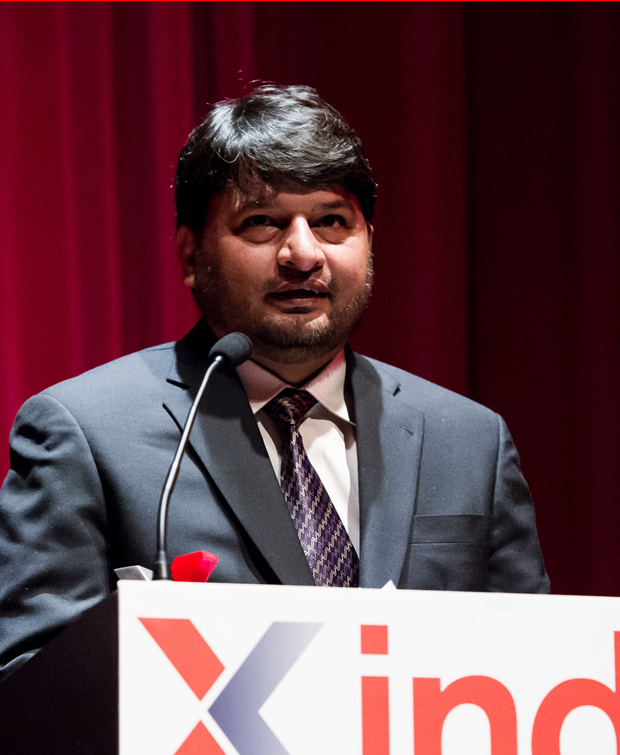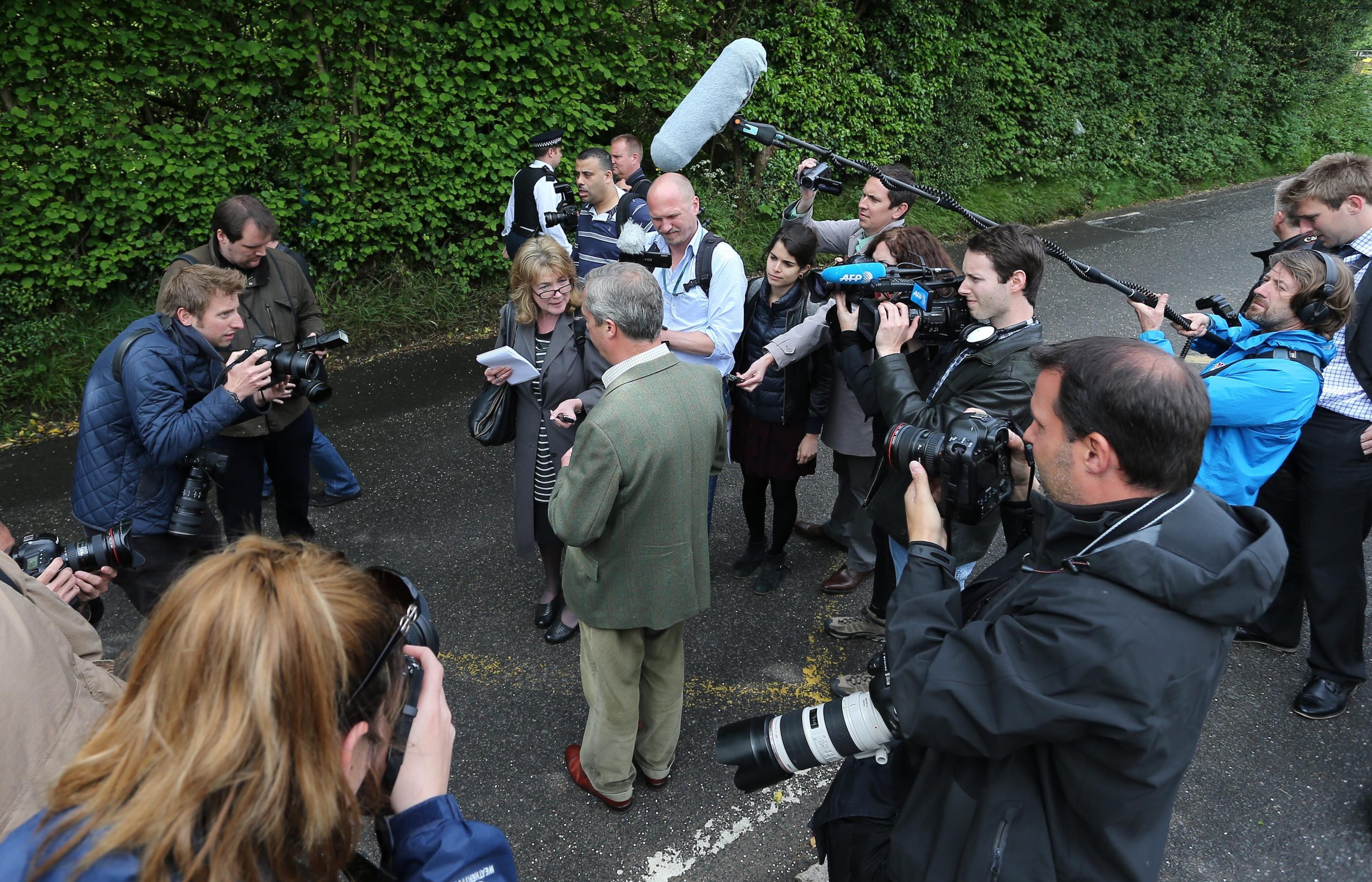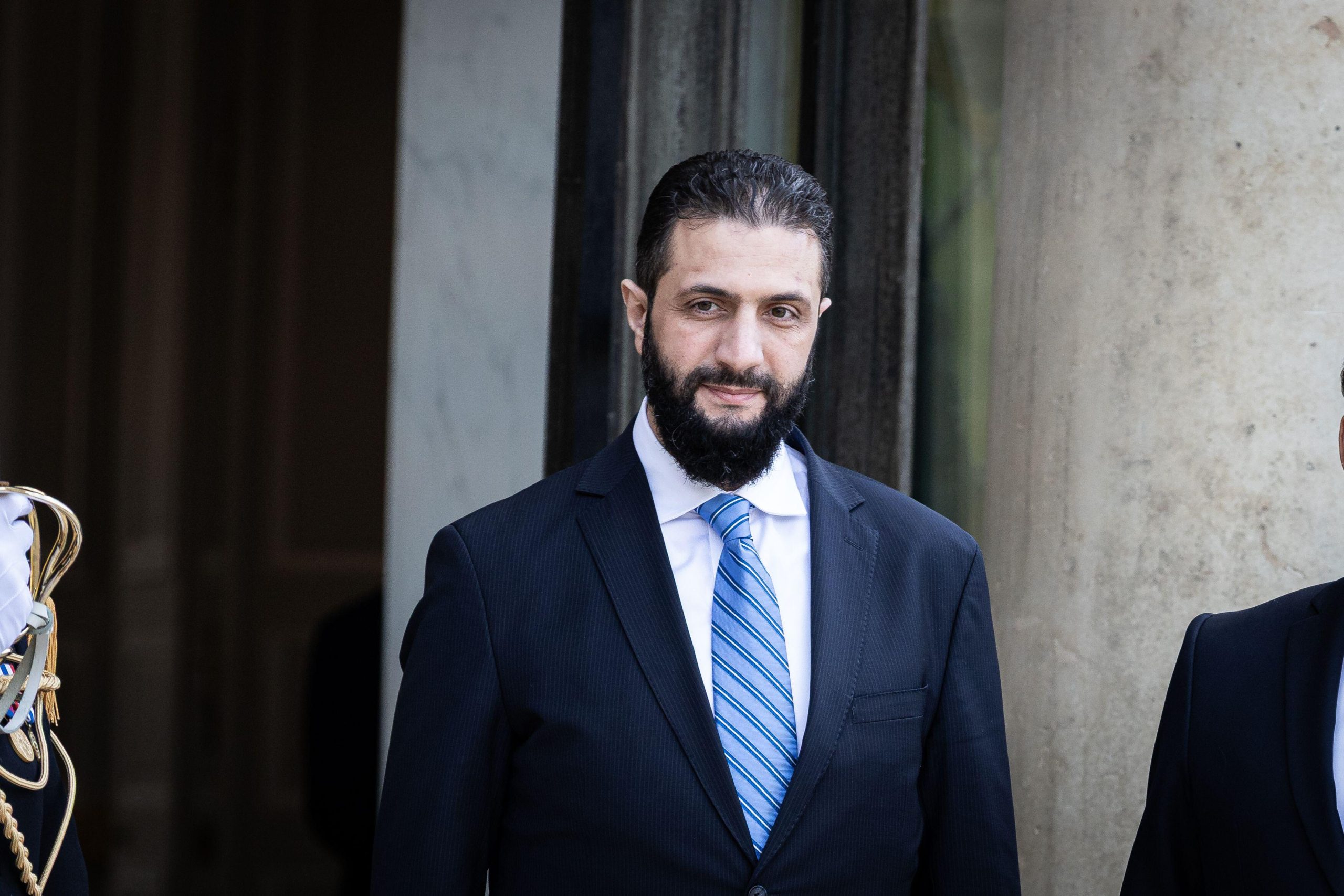Index Freedom of Expression Awards: Advocacy nominee Shahzad Ahmad from IndexOnCensorshipTV on Vimeo.
Shahzad Ahmad is one of the leading voices in the fight against online censorship in Pakistan. The country faces a deteriorating state of cyber freedom, as the government uses draconian censorship laws and increasing surveillance to police the internet.
Ahmad is country director of Bytes4All. The group campaigns for internet rights and democracy by building capacity for human rights defenders, as well as advocacy and awareness-raising.
Ahmad and Bytes4All have sued the Pakistani government over the suspected use of surveillance software, FinFisher – a piece of software that infects a computer and takes full control of it, intercepting Skype calls and allowing every keystroke the user types to be sent across the internet to another computer. Developed by UK-based company Gamma International, it has been used to target activists in Bahrain amongst other countries. He is also suing the government over its ongoing blocking of YouTube which deprives the country of one of the world’s most popular video channels.
Index Freedom of Expression Awards
#indexawards2014 The nominees are…
Nominees: Advocacy | Arts | Digital Activism | Journalism
Join us 20 March 2014 at the Barbican Centre for the Freedom of Expression Awards
In a recent article, Shahzad wrote: “We want to be a proud democracy, so we need to uphold democratic principles and for that we want Pakistan to be tolerant and moderate. But Government oppression is rising day by day. Censorship happens because of moral policing, corruption and because the authorities do not want to be transparent. They don’t want to give citizens freedom of information or permission to question them.”
This article was posted on March 3, 2014 at indexoncensorship.org





